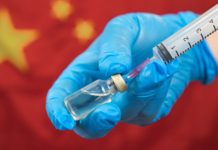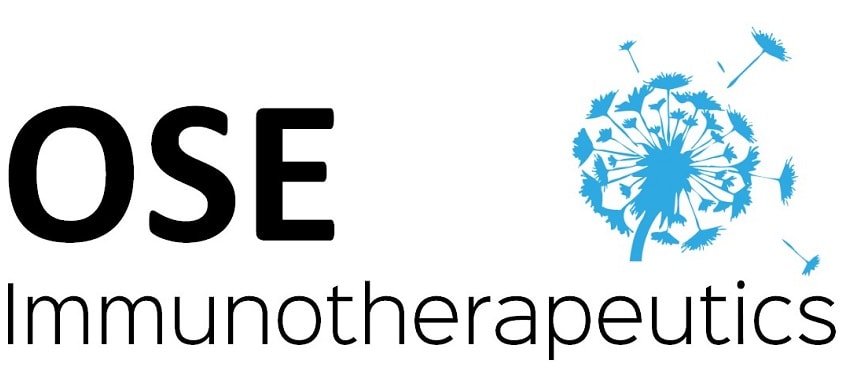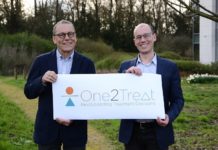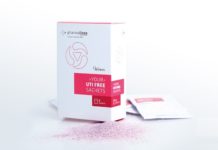OSE Immunotherapeutics announces that the Independent Data Monitoring Committee (IDMC) has recommended to the trial’s steering committee that accrual of the Tedopi® Phase 3 trial for the treatment of advanced non-small cell lung cancer (NSCLC) could resume with a specified new recruitment strategy focused on a subgroup of patients who have failed a previous treatment with PD-1/PD-L1 immune checkpoint inhibitors (ICI).
The PD-1/PD-L1 ICI class is becoming a new standard of care for patients with advanced NSCLC, demonstrating efficacy versus chemotherapy in first- and second-line treatment.
There continue to be no safety concerns, as safety data remain similar to what was expected for Tedopi® based on the results of previous clinical trials.
In June 2017, the IDMC’s previous recommendation led the Company to temporarily pause accrual, while patients already enrolled in the trial were allowed to continue receiving study treatments until longer-term data were available.
The IDMC’s most recent recommendation also includes maintaining the hold on accrual of patients who have not received prior treatment with immune checkpoint inhibitors.
Following formal approval from the Competent Authorities, patient accrual will resume exclusively in the group previously defined in the protocol: patients who have previously failed an ICI treatment. This patient group represents a specific population for which there are currently no approved treatment options, and for which a significant clinical need exists.
“The potential benefit of our Tedopi® neoepitope product in patients who have previously failed ICI treatment is supported by a strong immunological rationale, and could provide a breakthrough therapy following PD-1 or PD-L1 tumor progression. We are very pleased to be able to reopen recruitment in this Tedopi® study with an accrual strategy that appropriately leverages the rapidly-changing clinical practice in NSCLC,” said Dominique Costantini, M.D., chief executive officer of OSE Immunotherapeutics.“
ABOUT OSE Immunotherapeutics
Our ambition is to become a world leader in activation and regulation immunotherapies:
OSE Immunotherapeutics is a biotechnology company focused on the development of innovative immunotherapies for immune activation and regulation in the fields of immuno-oncology, autoimmune diseases and transplantation. The company has several scientific and technological platforms: neoepitopes, agonist or antagonist monoclonal antibodies, ideally positioned to fight cancer and autoimmune diseases. Its first-in-class clinical portfolio offers a diversified risk profile.
In immuno-oncology:
· Tedopi Phase III trial in advanced NSCLC: after temporary pause of new patient accrual end of June 2017, new recruitment strategy defined in December 2017 to focus the trial on patients who failed a previous treatment with a PD-1/PD-L1 immune checkpoint inhibitor. Enrollment will resume after formal approval of the new recruitment strategy from the Competent Authorities.
Phase II with Tedopi® in combination with an immune checkpoint inhibitor planned in advanced pancreatic cancer, in collaboration with GERCOR, a cooperative group of clinical research.
- OSE-172 (Effi-DEM), new generation checkpoint inhibitor targeting myeloid cells via the SIRP-α receptor – In preclinical development for several cancer models. Clinical program planned end of 2018.
- OSE-703 (Effi-3), cytotoxic monoclonal antibody against the alpha chain of IL-7R – Under a research collaboration with Memorial Sloan Kettering Cancer Center, New York.
In auto-immune diseases and transplantation: - FR104, CD28-antagonist in immunotherapy – Phase 1 trial completed – For the treatment of autoimmune diseases and for use with transplantation – Licensed to Janssen Biotech Inc. to pursue clinical development. Phase 2 planned end of 2018 in rheumatoid arthritis.
- OSE-127 (Effi-7), interleukin receptor-7 antagonist – In preclinical development for inflammatory bowel diseases and other autoimmune diseases. Clinical phase planned end of 2018. License option agreement with Servier for the development and commercialization.
The portfolio’s blockbuster potential gives OSE Immunotherapeutics the ability to enter global agreements at different stages of development with major pharmaceutical players.
Immunotherapy is a highly promising and growing market. By 2023 Immunotherapy of cancer could represent nearly 60% of treatments against less than 3% at present * and the projected market is estimated at $67 billion in 2018 **. There are more than 80 autoimmune diseases that represent a significant market including major players in the pharmaceutical industry with sales towards $10 billion for the main products. The medical need is largely unmet and requires the provision of new innovative products involved in the regulation of the immune system.
*Citi Research Equity
**BCC Research


























